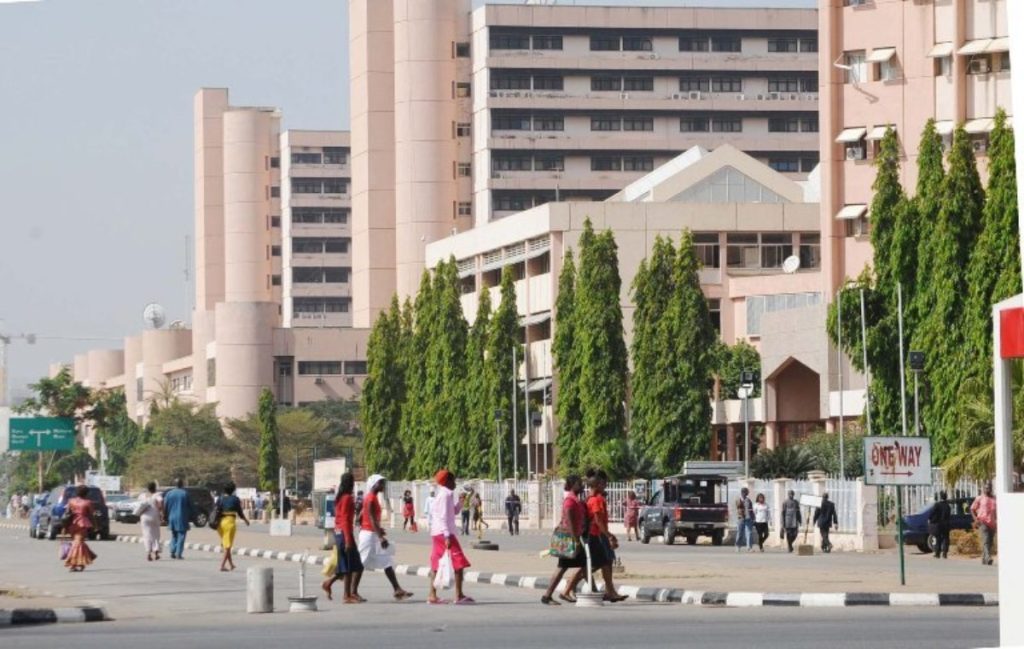Rwanda has received its first group of migrants deported from the United States, marking the initial phase of an agreement made with the former US administration. The deal, expected to relocate 250 migrants to Rwanda, has raised concerns among rights groups, who warn that such deportations may violate international law if individuals are sent to countries where they face torture or other abuses.
According to Rwandan government spokesperson Yolande Makolo, the group of seven migrants arrived in mid-August and underwent vetting. Four of them will remain in Rwanda, while three have chosen to return to their home countries. The nationalities of the migrants were not disclosed.
This development comes as part of a broader effort by the US to remove undocumented migrants, with at least a dozen nations agreeing to accept deported individuals. Rwanda had previously signed a controversial asylum deal with the UK in 2022, which was later canceled.
In other news, a high-profile embezzlement case has resulted in the conviction of Baltasar Ebang Engonga, the nephew of Equatorial Guinea’s President Teodoro Obiang Nguema. Engonga, who formerly headed the National Financial Investigation Agency, was sentenced to eight years in prison for diverting state funds for personal use.
The United Nations has also sounded the alarm over the worsening crisis in Sudan, where conflict, malnutrition, and a cholera outbreak have created one of the world’s largest humanitarian crises. Over 30 million Sudanese require aid, with 680,000 facing severe food insecurity. The UN has urged increased international support to address the crisis, which has left homes, hospitals, and schools destroyed, and cities like Khartoum and El Fasher struggling to cope.
Meanwhile, the Nigerian government has raised concerns over the country’s “triple burden” of malnutrition, undernutrition, overnutrition, and micronutrient deficiencies. The federal government has warned that diets low in nutrients contribute to stunting in 40% of children under five, with high rates of wasting, underweight, and widespread deficiencies in vitamin A, zinc, and iron.
In a related development, the agreement between the UK and Mauritius over the Chagos Archipelago has been criticized for failing to restore the rights of the Chagossian people, who were forcibly displaced over 50 years ago to establish a military base on Diego Garcia. While the treaty recognizes Mauritius’s sovereignty over the islands, it does not provide for the return of the Chagossians to their homeland, sparking calls for international advocacy to uphold their rights.



